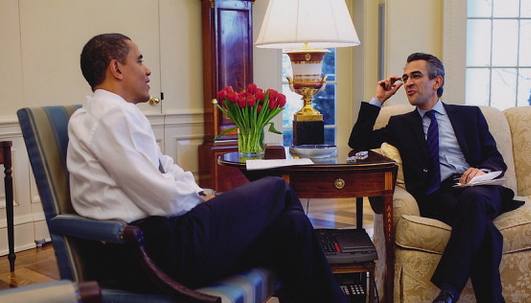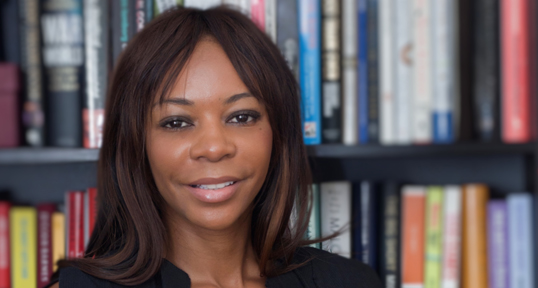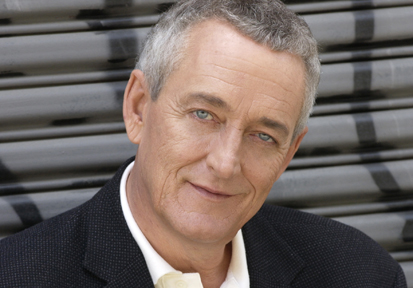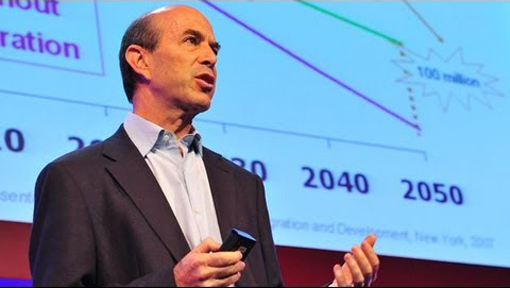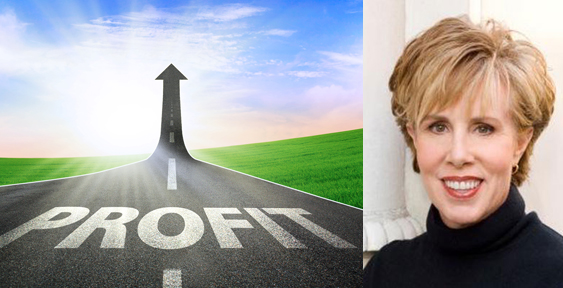
Using Psychology to Increase Profit with Denise Shull
| The odds of making an accurate prediction go up once you realize that you aren’t betting on future facts as much as on the interpretation of the meaning of those facts – a wholly psychological question. | |
| |
 | What does psychology bring to the world of finance? |
 | In a word – everything. It’s very easy to overlook the fact that markets only reflect the perception of value. In other words, asset prices rarely - if ever - reflect a truth such as those in physics or mathematics. Most often the changing price of an asset conveys the aggregate human expectation of where the price will go in the future.
Realizing that the game is actually one of betting on the future perception of market players changes how you analyze an investment or trade. The brain deals with the predictions of humans in a different way than it calculates mathematical or probabilistic values. The odds of making an accurate prediction go up once you realize that you aren’t betting on future facts as much as on the interpretation of the meaning of those facts – a wholly psychological question. |
 | What are some of the main factors that foster exceptional performance? |
 | The typical answer to this question revolves around ostensibly rational or mathematical decision making, but research on portfolio managers and traders tells a different story. Brain research shows that predicting other people is the central key. Layered in with this cognitive empathy is the unexpected ability to parse one’s own feelings and emotions about a risk decision. These two thinking styles are known as market intuition and risk differentiation. Psychological research indicates that those individuals who possess an X factor in markets rely on these forms of social and emotional intelligences. |
| At a deeper level, our emotions are also fractal – they repeat patterns on a different scale and in a different environment. | |
| |
 | How are unconscious emotions a driver of behavior? |
 | There is substantial evidence that we need emotion to make any decision. Neuroeconomists say, “It is not enough to know what should be done; one must also feel it.” If you turn this around, it means all decisions have one (or more) emotions embedded in them. Yet we are still taught to take the emotion out of things.
Societal norms essentially demand that we be unaware of how we really feel and therefore unaware of our true motivations. A common feeling among market professionals – that they usually don’t realize - is the fear of future regret or the fear of missing out. It’s known as FOMO and while it tends to influence all kinds of investing and trading decisions, it drives people to hold onto losers. The feeling of getting out at the maximum loss provokes a great expectation of regret. No one wants to take their loss only to see the price of the asset come back in their direction. What happens though is people rationalize – they do all sorts of backbends in their analysis to show why they should hold on when in reality they are avoiding a potential feeling. At a deeper level, our emotions are also fractal – they repeat patterns on a different scale and in a different environment. For example, we don’t realize that confirmation bias (the tendency to see facts that support our beliefs) is really the fear of being proven wrong or appearing unintelligent. This underlying emotion repeats the times we failed – or were perceived to fail – during school. When traders really look at the mistakes they are making, they almost always find the remnant of feelings that come from seeds planted in their youth. |
 | How can psychology help create more profit? |
 | By understanding the market intuition and risk differentiation thinking styles, you can consciously improve your abilities in both. Understanding the psychological realities of markets (people prediction) and accepting a more accurate model of human perception (the role of emotions) leads an individual to be more fully in the game that is actually being played. Psychology picks up where our numbers-based educations leave off. |
| [Investors] only need to learn to disconnect emotion from automatic action. | |
| |
 | Why should investors learn to control emotional rollercoasters? |
 | I don’t think they should. They only need to learn to disconnect the emotion from automatic action. They need to learn to take the energy of the rollercoaster and put it into emotion analytics. The intensity should spark the need to find the meaning within the feeling. Once that is done – and they made need help after a lifetime of education teaching them to ignore emotion - then a more fully informed choice can be made. |
 | How can investors get control over their emotions? |
 | Again, it’s actions that need to be controlled, not feelings. Accepting, analyzing and understanding feelings is the best way to mitigate their usual automatic action. |
 | Would you share some tips on psychology and how investors can best manage risk? |
 | Learn to listen to intuition about exits. People often know when it’s time to get out of a position, but they don’t listen to that gut feeling.
===================================== |

